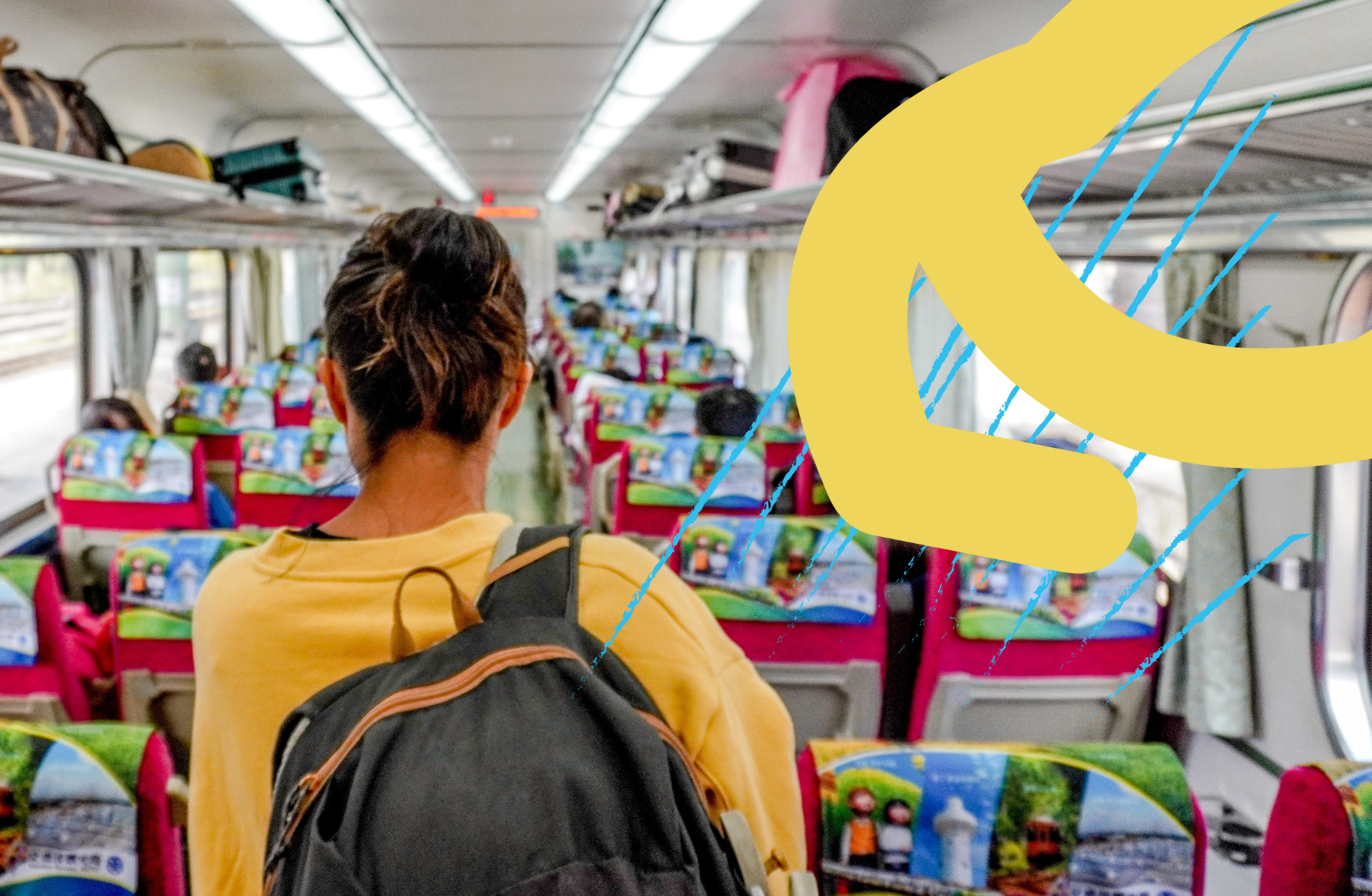Armchair travel and the empathy revolution

I love trains. I forgot I love them, but I do. Not in a train spotting way. In a seated-adventure, locked away from the distractions of modern life, comfy armchair kind of way. Sure I am talking about regional trains, not your suburban commuter train. Trains that are more like planes but with bigger chairs and better leg room.
Today I am on a train from Melbourne to Warnambool, for the Port Fairy Folk Festival. A sign of my age or preferred music genre, as the younger staff of my workplace head off to Meredith and Golden Plains for their own long weekend of music, nature and connection.
The trip is three to four hours and for that time I can read, write, talk to other travellers and watch the landscape whisk by. Of course I could do most of these things at home in Melbourne, but I often don’t. There is something about the magic cocoon of long distance train or plane travel that primes me for a very different headspace. I am more patient and focussed. I can read whole book chapters, not just skim read my twitter account before flicking to Instagram and then checking my emails.
On this journey I am reading Roman Krznaric’s book on empathy, why it matters and how to get it. He talks about empathy as:
the art of stepping imaginatively into the shoes of another person, understanding their feelings and perspectives, and using that understanding to guide your actions.
As I start to read further I have the urge to look around me and step into the lives of others. A young mum barrels through the door, bags in hand, tickets clutched to her side and a very chatty two-year-old in tow. She seems slightly flustered, but also relieved that she is on the train. I watch as she continues her juggle and observe the middle-aged gentleman she is about to sit next to. He has his eyes lowered to his newspaper, steadfastly ignoring any opportunity to acknowledge her presence or offer any help. I am jolted out of my own reflections and offer her a hand.
Krznaric’s book takes the reader on a story-filled journey that emphasises that 98% of the population are wired for empathy, it is at the heart of who we are, and that it is the key to not just personal change but also social and political change. He bemoans the current societal decrease in empathy, the rise of narcissism and a relentless obsession with self. As Barack Obama said in the lead up to the 2008 US presidential campaign,
Barack ObamaWe live in a culture that discourages empathy, a culture that too often tells us that our principle goal in life is to be rich, thin, young, famous, safe and entertained.
The beauty of this book is that it explores empathy through multiple lenses – philosophy, literature, politics, science and history. It also offers a practical guide to developing empathy through six habits:
- Switch on your empathic brain
- Make the imaginative leap
- Seek experiential adventures
- Practise the craft of conversation
- Travel in your armchair
- Inspire a revolution
Krznaric’s book provides the reader with an inspiring message of empathy as the key to a kinder, more connected life. It shifts us from introspection to ‘outrospection’. From me to we. He calls for an empathy revolution, to create a better world for us all.
Are we ready?


